Reverse Mission
Religion and Politics Series
John C. Green, Ted G. Jelen, and Mark J. Rozell, series editors
Bonds of Affection: Civic Charity and the Making of AmericaWinthrop, Jefferson, and Lincoln, Matthew S. Holland, Editor
The Catholic Church and the Nation-State: Comparative Perspectives, Paul Christopher Manuel, Lawrence C. Reardon, and Clyde Wilcox, Editors
Catholics and Politics: The Dynamic Tension between Faith and Power, Kristen E. Heyer, Mark J. Rozell, and Michael A. Genovese, Editors
The Christian Right in American Politics: Marching to the Millennium, John C. Green, Mark J. Rozell, and Clyde Wilcox, Editors
Faith, Hope, and Jobs: Welfare-to-Work in Los Angeles, Stephen V. Monsma and J. Christopher Soper
From Pews to Polling Places: Faith and Politics in the American Religious Mosaic, J. Matthew Wilson, Editor
Of Little Faith: The Politics of George W. Bushs Faith-Based Initiatives, Amy E. Black, Douglas L. Koopman, and David K. Ryden
The Origins of Christian Anti-Internationalism: Conservative Evangelicals and the League of Nations, Markku Ruotsila
Pews, Prayers, and Participation: Religion and Civic Responsibility in America, Corwin E. Smidt, Kevin R. den Dulk, James P. Penning, Stephen V. Monsma, and Douglas L. Koopman
Politics in the Parish: The Political Influence of Catholic Priests, Gregory Allen Smith
Reaping the Whirlwind: Liberal Democracy and the Religious Axis, John R. Pottenger
School Board Battles: The Christian Right in Local Politics, Melissa M. Deckman
Uncompromising Positions: God, Sex, and the U.S. House of Representatives, Elizabeth Ann Oldmixon
The Values Campaign? The Christian Right and the 2004 Elections, John C. Green, Mark J. Rozell, and Clyde Wilcox, Editors
2011 Georgetown University Press. All rights reserved. No part of this book may be reproduced or utilized in any form or by any means, electronic or mechanical, including photocopying and recording, or by any information storage and retrieval system, without permission in writing from the publisher.
Library of Congress Cataloging-in-Publication Data
Byrnes, Timothy A., 1958-
Reverse mission : transnational religious communities and the making of US foreign policy / Timothy A. Byrnes.
p. cm. (Religion and politics series)
Includes bibliographical references and index.
ISBN 978-1-58901-768-9 (pbk.: alk. paper)
1. Catholic ChurchLatin America. 2. Catholic
ChurchPolitical activityLatin America.
3. Catholic ChurchForeign relations. 4. United
StatesForeign relationsLatin America. I. Title.
BX1426.3.B97 2011
261.7098'09045dc22 2010048162

This book is printed on acid-free paper meeting the requirements of the American National Standard for Permanence in Paper for Printed Library Materials.
15 14 13 12 11 9 8 7 6 5 4 3 2 First printing
Printed in the United States of America
Preface
I have been thinking about the transnational dynamic that forms the heart of this book for a very long timethe entirety of my scholarly career, in fact. During graduate school at Cornell University more than twenty-five years ago, I had the distinct privilege of working on a research project with two of the great figures in the study of US foreign policy: George McTurnan Kahin in my own government department and Walter LaFeber in the (then) neighboring history department. President Ronald Reagan had taken office a few years before, promising to halt the spread of communism in Americas backyard, and by the spring of 1985 newspapers and political journals were full of speculation that American involvement in El Salvador was going to turn into another Vietnam. Taking advantage of having at my disposal one of the countrys foremost experts on the US experience in Vietnam (Kahin was just publishing Intervention, the culmination of a lifetime of study of US involvement in Southeast Asia) as well as a great diplomatic historian who had just published a book on the US role in Central America (LaFebers Inevitable Revolutions was justifiably receiving a great deal of attention at the time), I decided to find out if all of this speculation had any validity. So under the able direction of Professors Kahin and LaFeber, I spent a fascinating semester comparing President Reagans policies in El Salvador in 1983 with President John F. Kennedys policies in Vietnam in 1963. What I found was that the similarities were numerous, profound, and deeply troubling. Words like counterinsurgency and third way had dominated policy debates concerning both countries in both eras, for example. And although Reagans team had learned not to use the loaded phrase domino theory, their fears about a loss of El Salvador that would lead to the inevitable radicalization of Central America and Mexico were direct echoes of all of the talk in 1963 about Vietnam being the first step in a grand communist conspiracy that would ultimately threaten the independence of Japan. The white papers that were produced by the State Department in both cases were virtual mirror images of each other. And in one of my most interesting discoveries I found that the personnel working on Central American issues in the Reagan administration were in many instances the very same people who had (mis)handled Vietnam for President Kennedy two decades earlier.
I considered turning that research into a doctoral dissertation on the continuities of US anticommunism, or even on the provocative observation that Reagan and Kennedy had brought such similar worldviews to the White House. But I was dissuaded from that path by two considerations. The first was that Kahin was nearing retirement in 1985 and was not taking on any other graduate students at that time. I am not sure he would have worked with me anyway, because unlike most of the doctoral candidates he advised, I was not an area specialist in Southeast Asian politics. But Kahins impending retirement precluded a serious discussion of the possibility, and given that LaFeber was not a member of my department, the doors to further research on El Salvador and Vietnam appeared closed to me.
More importantly, however, I was distracted from any further examination of the many similarities I had uncovered concerning the policies in 1963 and 1983 by what I had found to be one of the most interesting and salient differences between the two cases. President Kennedy had been prodded in 1963 by the so-called Catholic lobby to reconfirm his opposition to a communist takeover of South Vietnam and throw ever greater US weight behind the misbegotten rule of its Catholic president, Ngo Dinh Diem. In stark contrast the only real organized opposition in 1983 to President Reagans policies in El Salvador, including his strong support for President Napoleon Duarte, came from Catholic organizations, particularly American nuns who worked as missionaries across Central America.




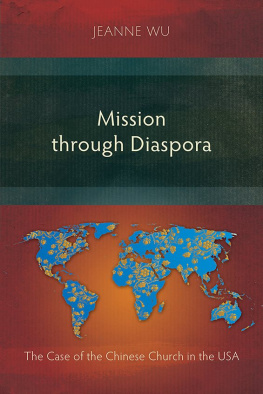
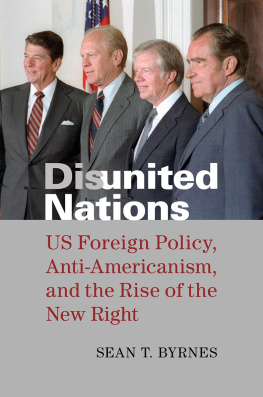
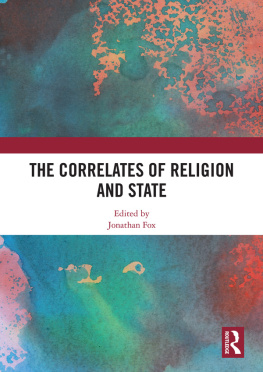
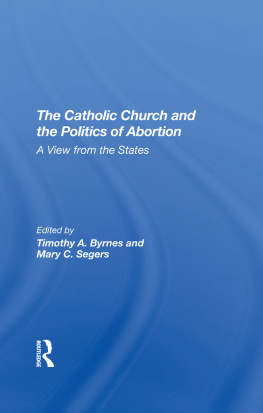
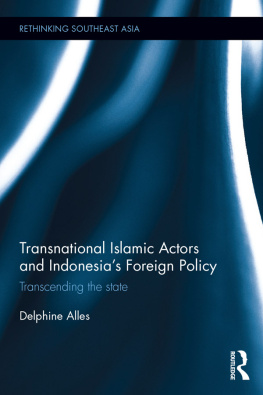
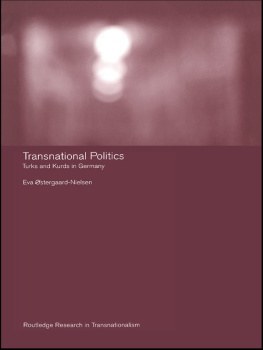
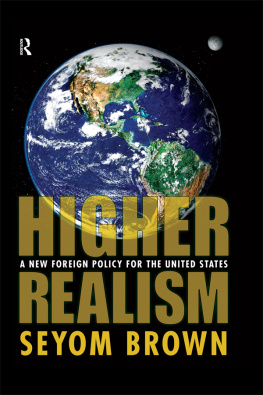


 This book is printed on acid-free paper meeting the requirements of the American National Standard for Permanence in Paper for Printed Library Materials.
This book is printed on acid-free paper meeting the requirements of the American National Standard for Permanence in Paper for Printed Library Materials.